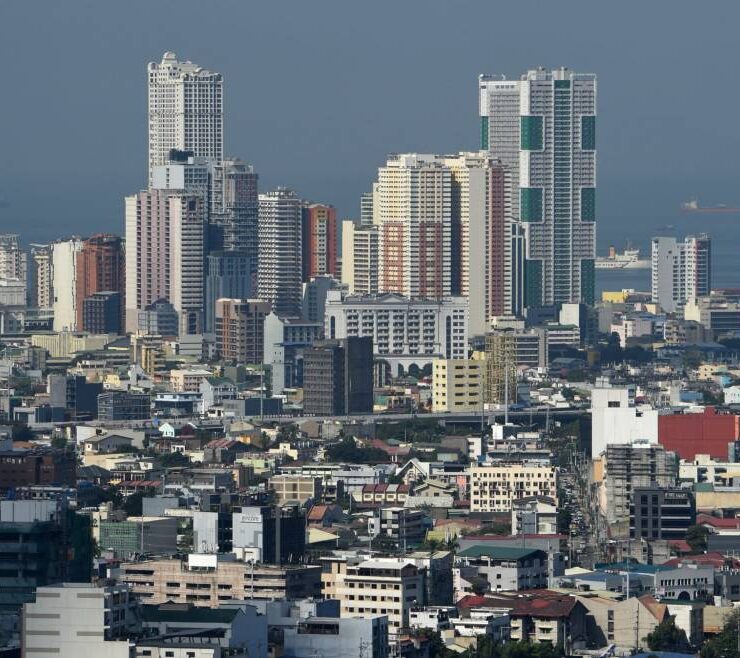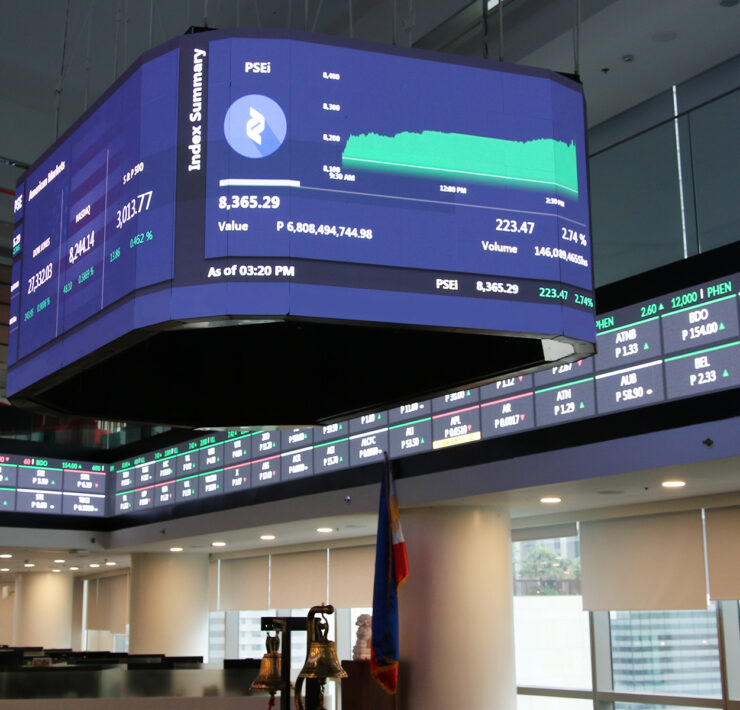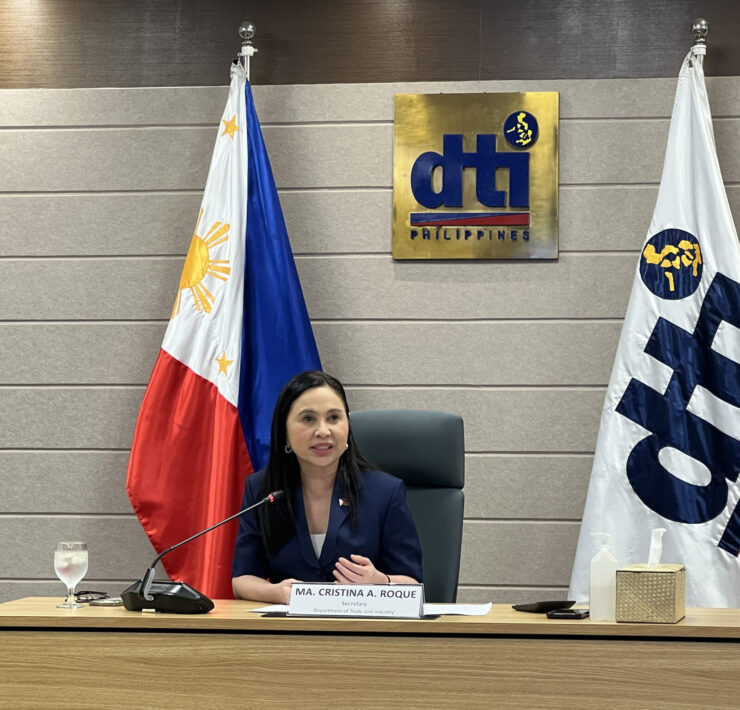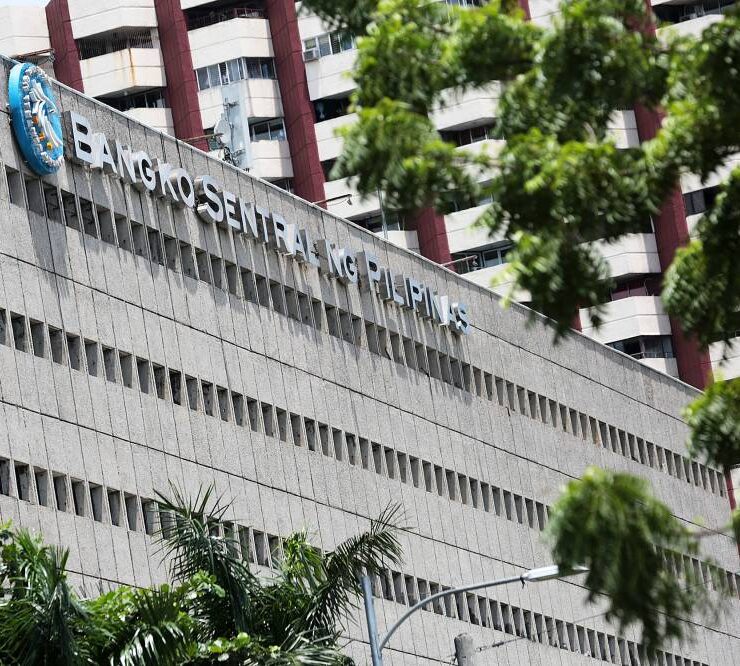PH eyes ‘sectoral FTA’ with US under Trump
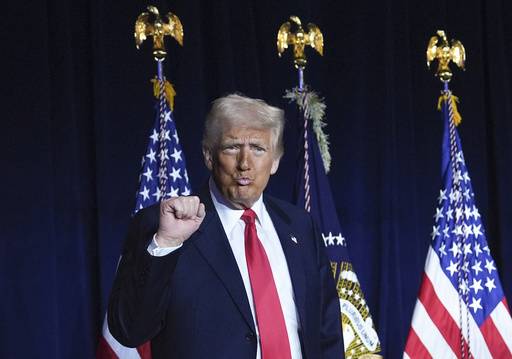
The Philippines may pursue a “sectoral” free-trade agreement (FTA) with the United States under the administration of President Donald Trump, with the critical minerals sector likely the first priority.
Philippine Ambassador to the United States Jose Manuel Romualdez told reporters during a media briefing on Tuesday that Manila had a “good chance” of reaching a bilateral FTA with Washington this time around after talks fell through during the Biden administration.
“But I think it would have to be sectoral; it can’t be the whole free trade agreement,” Romualdez said during a press conference led by the US-Philippines Society.
“We had some discussions in the first Trump administration on how we will proceed with the FTA, but that obviously was abbreviated, and we have a chance now to renew that,” he added.
In 2023, the United States dropped plans to forge an FTA with the Philippines, saying that traditional free trade pacts were not the “appropriate” framework to address trade challenges.
The Philippine government sees an FTA with the world’s largest economy as a way to boost exports while also enabling greater market access for both countries.
Under the United States’ Generalized System of Preferences, exported goods from designated developing countries, including the Philippines, are duty-free.
While a sectoral FTA is still under consideration, Romualdez pointed out that they would prioritize a critical minerals agreement, which it had already been pursuing during the Biden administration.
“We will pursue it even more vigorously this time because it will be mutually beneficial for both the United States and the Philippines,” he said.
“It’s one of our natural resources, and we could get better prices for nickel, for instance, if we were able to process it here … I think people should realize that the minerals we have in this country are top grade,” added Romualdez, who recently attended Trump’s inauguration.
Nickel is a key mineral in the production of lithium-ion batteries used for electric vehicles, which are already widely popular in the United States.
Apart from critical minerals, the Philippines is also looking at semiconductors, especially with the United States trying to move away from China and, instead, produce chips on its own or trade with trusted allies.
“That, again, is an opportunity for us,” Romualdez said.
Currently, the Philippines has bilateral FTAs with Japan and South Korea. It also signed the Philippines-European Free Trade Area FTA in 2016.
















